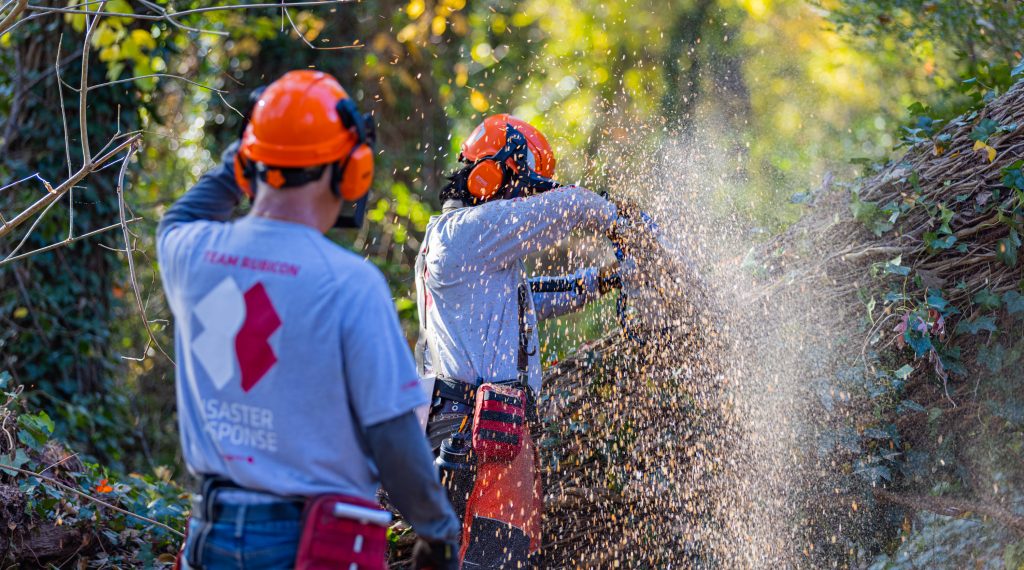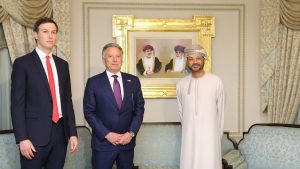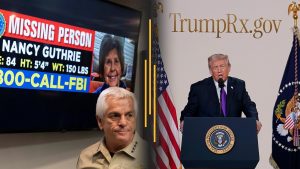Veterans volunteer longer, vote more often than civilian peers: report

Veterans remain more likely to participate in elections and spend more time volunteering with local charities than their civilian peers, but the gap in that civic engagement has decreased in recent years, according to a new study being released Thursday.
Officials behind the 2025 Veterans Civic Health Index — compiled by the advocacy group We the Veterans and Military Families and the National Conference on Citizenship — said the findings likely reflect broader changes in community involvement and do not appear to be a sign of veterans stepping away from volunteer and leadership roles.
“We’re seeing, both across veterans and civilians, that there is a slight drop in many civic health measures,” said Chris Marvin, primary author of the report. “And we should be concerned about that.”
The report first debuted in 2021 and showed a significant gap in veterans’ willingness to volunteer with community groups, engage with local officials and participate in community activities.
Veterans vote, volunteer more than their civilian peers: survey
This year’s survey found a smaller gap. Veterans and civilians reported volunteering at similar rates (27% vs 28%), but veterans who gave time to local groups averaged 93 hours of in charitable work, compared to 69 hours for non-veterans.
Veterans were also more likely to donate to non-political causes (56% vs 50% for non-veterans), spend time talking to neighbors (33% vs. 28% for non-veterans) and belong to a local civic group (32% vs. 25% for non-veterans).
Nearly three-fourths of veterans surveyed (73%) voted in the 2024 elections, compared to about 66% for non-veterans. Roughly 64% of veterans voted in their last local election cycle, compared to 53% for non-veterans.
But most of those participation markers were below 2021 levels. The report said no single cause can be identified for the drop, but noted that the country’s increased political polarization in recent years and persistent misconceptions about widespread mental health issues among veterans may have played a factor.
Marvin said he hopes the findings underscore the need for civic groups to seek out and recruit veterans, not out of pity but out of need.
“So many organizations … their first thought is, ‘We need to help the poor, down-and-out veteran,’” he said. “Folks should be thinking, ‘I have a problem to solve, and who can help me solve it? Probably veterans.’”
The report also notes that family members connected to servicemembers and veterans also appear more likely to be connected to community causes, although research data into their contributions is less available than the veterans figures.
Ben Keiser, executive chairman of We the Veterans and Military Families, said officials hope to build on that work in coming years, to better show the full value they bring to local communities.
“If we’re more intentional about recruiting veterans and military family members, more will step up,” he said. “We’ll see more investment, and more in terms of absolute numbers of people volunteering.”
The full report will be available on the We the Veterans and Military Families website on Thursday.





